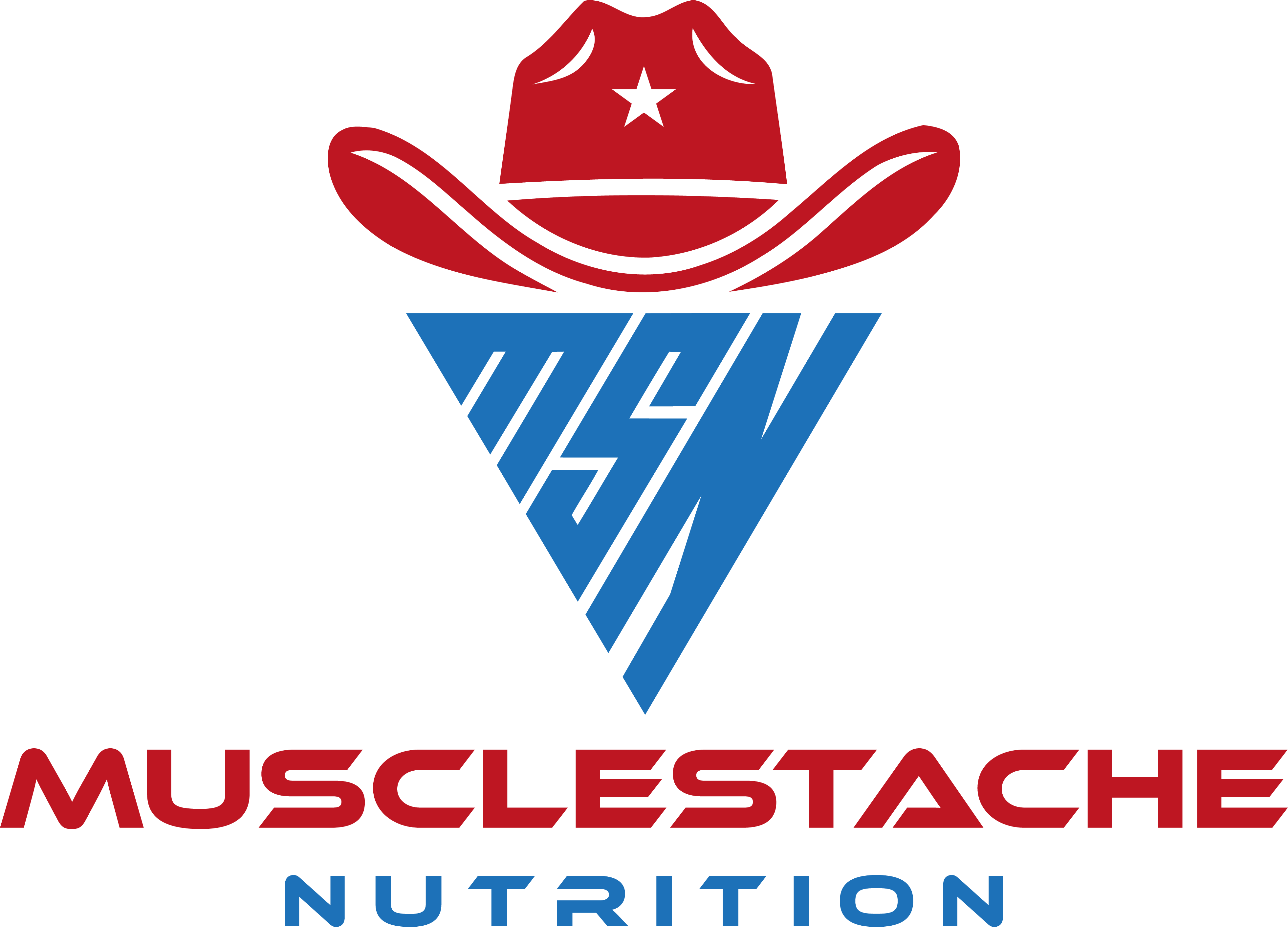In the world of fitness and health, there are countless myths surrounding supplements, fats, and electrolytes. These misconceptions can often lead to confusion and misinformation, especially for those who are looking to optimize their workout routines and nutrition. In this post, we'll tackle some of these myths head-on, providing clarity for those striving for muscle growth, effective recovery, and overall health improvement.
Myth 1: Fats Are Always Bad
Contrary to popular belief, not all fats are detrimental to your health. Fats are essential macronutrients that play a critical role in energy supply and hormone production. While it's important to limit saturated and trans fats, incorporating healthy fats, such as those found in avocados and nuts, can actually aid in muscle growth and recovery. Making these good fats a part of your meal plans and meal prep is a strategic way to support your nutrition and energy needs.
Myth 2: Electrolytes Are Only Necessary for Athletes
Electrolytes, such as sodium, potassium, and magnesium, help maintain fluid balance, muscle function, and nerve function. While athletes do have a higher need due to intense exercise, electrolytes are vital for everyone. Whether you're engaging in a light workout routine or simply staying hydrated throughout the day, incorporating a source of electrolytes can benefit your overall health. Try Mini Keg Hydration Powder (Lychee) for a refreshing electrolyte boost.
Myth 3: Supplements Replace Whole Foods
Supplements can be a beneficial addition to your nutrition plan, but they should not replace whole foods. Protein powder, for instance, is a convenient way to meet protein requirements, especially for those building muscle. Pure 3 Chuck Wagon Whey Protein Powder (Vanilla) can complement your diet by providing high-quality protein that aids in muscle repair and growth. However, it should be used alongside a balanced diet rich in vitamins and minerals.
Myth 4: Carbs Are the Enemy
Carbohydrates are often misunderstood as a food group that should be avoided. However, carbs are the body's primary source of glucose and energy, especially during exercise. Instead of cutting carbs out entirely, focus on consuming complex carbohydrates like whole grains and sweet potatoes. This approach will provide sustained energy for your workouts and overall daily activities.
To explore a range of nutritional products that can help you achieve your health goals, check our Supplements Collection.
In summary, understanding the role of fats, supplements, and electrolytes in nutrition can help you build effective meal plans and optimize your workouts. Don't fall prey to myths; instead, ensure your body gets the right balance of nutrients for energy, health, and success in your exercise endeavors.
For more insights and quality products, visit Musclestache.
